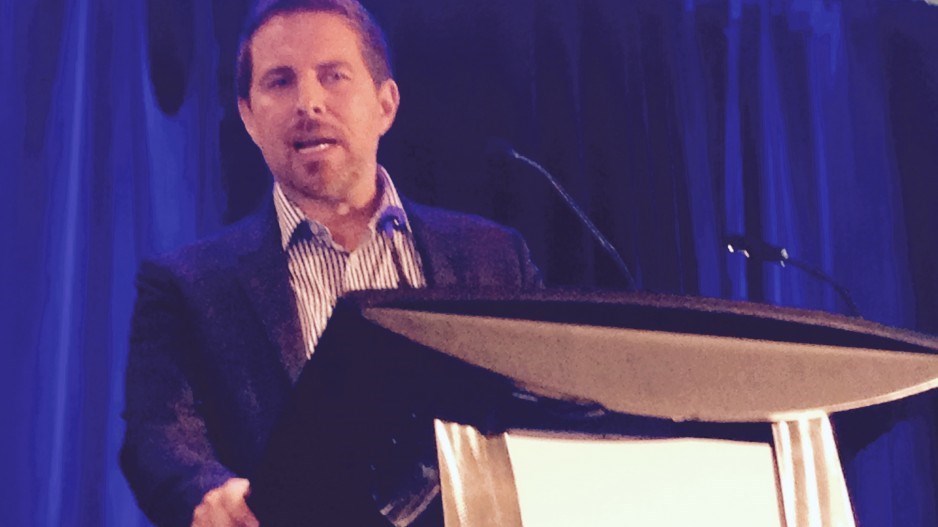Consumer electronics giant Best Buy Canada (BBC) has spent the last 18 months stealthily adding curious items to its online websites: baby food, furniture and other household items. It now plans to expand that initiative and change the way that it makes profit from those items.
“This is the first time that we’ve talked about what we’re doing publicly,” said BBC president Ron Wilson October 15.
The Burnaby-based subsidiary of Best Buy Co. Inc. (NYSE:BBY) has several thousand distinct pieces of luggage that customers can buy online. BBC's employees are adding between 2,000 and 8,000 non-traditional items to the company’s e-commerce websites each month, he said.
Its U.S. parent has yet to do the same thing south of the border.
“We started an experiment about a year and a half ago,” said Wilson. “It was either a winner or a loser and this was a huge winner for us.”
That experiment, dubbed Viva, was to sell products that customers were not accustomed to associating with Best Buy or its sister brand Future Shop.
Soon, the company was buying and reselling make up, vitamins and a raft of other items in a bid to diversify sales.
The company is now seeking to add a new revenue stream that it calls Marketplace. The initiative would involve partnering with third-party retailers who want to piggy-back on BBC’s distribution network and show products on BBC’s website, which Wilson said attracts 280 million visitors annually.
This Marketplace program would involve customized linked websites for third-party partners, who would showcase products and pay BBC a commission on products sold. Potential partners include not only those who sell household products but also those who sell electronic equipment.
So far, BBC has no partners for the set-to-launch Marketplace initiative.
BBC’s future Marketplace program will also come in tandem with advantages offered by two other new BBC initiatives. Wilson calls those initiatives a “delivery promise” and “ship-from-store” capacity.
He told Retail Council of Canada’s Retail West 2014 conference in Vancouver that these new initiatives will be rolled out in the lead-up to the holiday season.
Essentially, the "delivery promise" is tied to technology that would be able to determine exactly where the e-commerce shopper’s computer is located and exactly where the desired product is located.
BBC will then be able to calculate, given Canada Post’s expected delivery times, an expected time for delivery and put it on the product listing page when the customer is buying the product.
A separate initiative dubbed “ship from store” will be tied to BBC’s ability to pinpoint products’ locations even when they appear to be unavailable in e-commerce warehouses.
“If we’re telling the customer we don’t have it when in reality we do have it, the ship-from-store system will recognize it,” Wilson said.
“If you live in Manitoba, for example, why are we shipping from Toronto or Vancouver? That doesn’t make any sense if we have stock that is available in a store five minutes from your house.”
Wilson stressed that BBC's brick-and-mortar stores will not start carrying baby food nor furniture.




